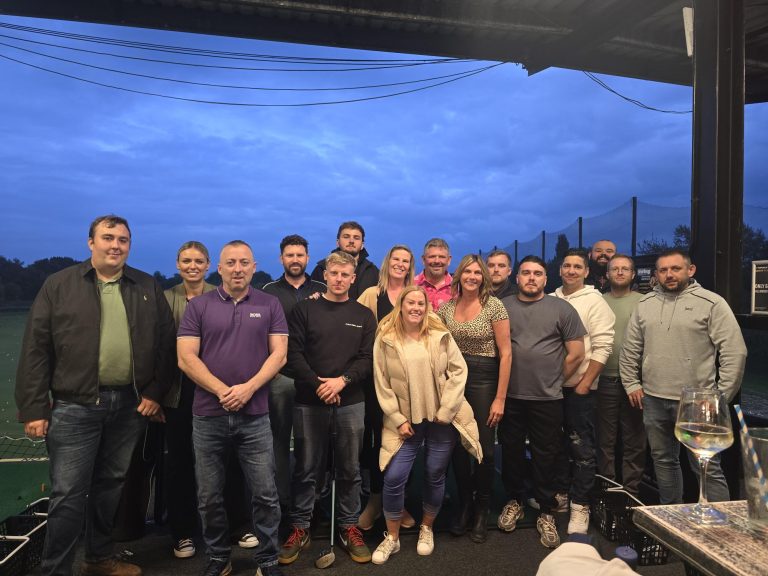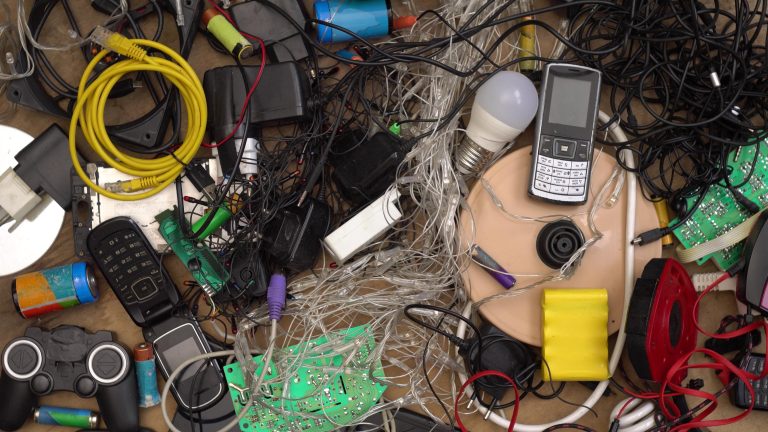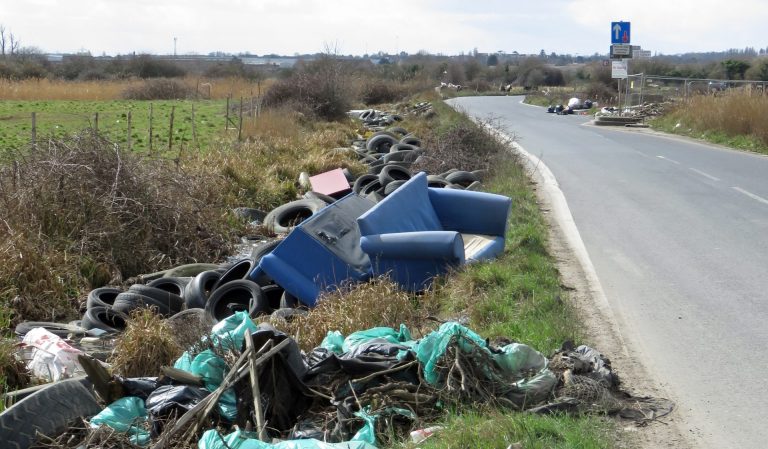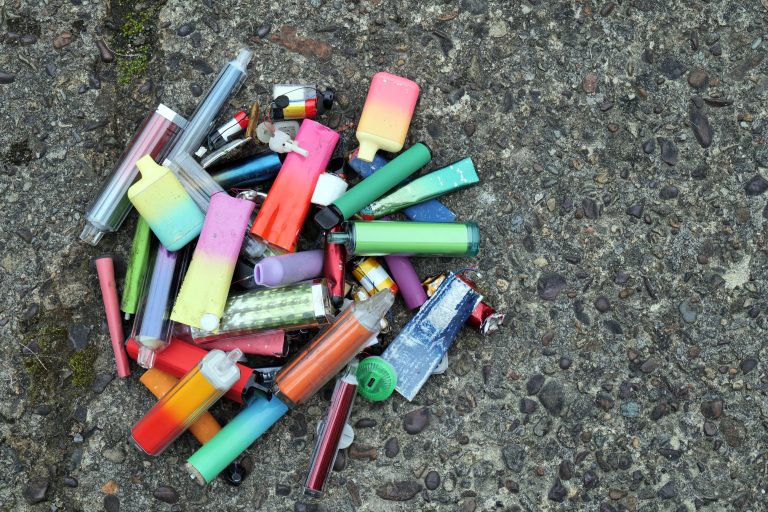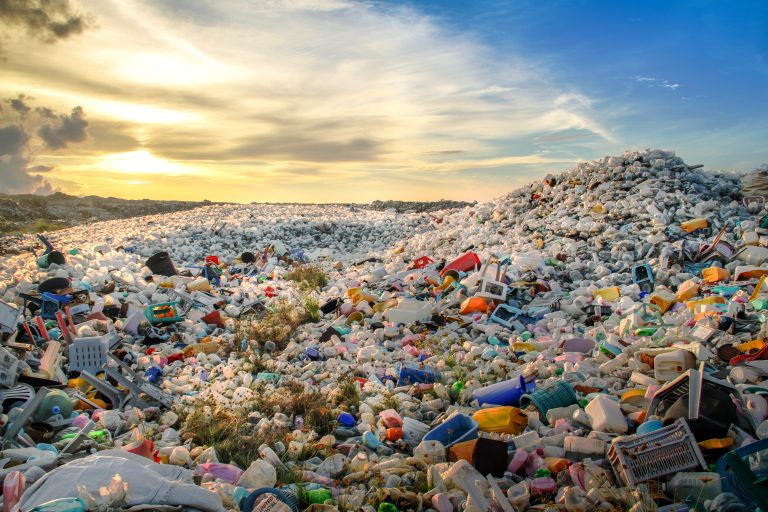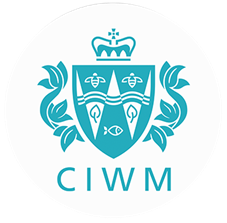In an era where sustainability is increasingly prioritised, the issue of paper cup recycling has become a significant concern. Every day, millions of disposable paper cups are used for coffee, tea and other beverages, contributing to the vast amounts of waste generated globally. While these cups might seem recyclable at first glance, the reality is that recycling paper cups is far more complex than most people realise.
The Composition of Paper Cups: A Hidden Challenge
One of the main challenges in recycling paper cups lies in their composition. Most disposable paper cups are made from high-quality paper fiber, which is indeed recyclable. However, to make these cups waterproof and durable enough to hold liquids, they are lined with a thin layer of plastic – typically polyethylene. This plastic lining, which is essential for the cup’s functionality, is also the primary barrier to recycling.
To recycle a paper cup, the plastic lining must be separated from the paper fiber. This process requires specialised facilities that can handle the separation, which not all recycling centres are equipped with. As a result, many paper cups end up in general waste and, ultimately, in landfills or incineration, despite the recyclable nature of their paper component.
Limited Recycling Facilities
Another significant challenge is the limited number of recycling facilities capable of processing paper cups. In the UK, for example, only a small percentage of recycling centres have the necessary equipment to separate the plastic lining from the paper fiber effectively. This means that even when consumers correctly place their used paper cups in recycling bins, those cups often cannot be recycled unless they are sent to a specialised facility.
This limitation highlights a critical gap in the recycling infrastructure. While efforts are being made to increase the number of facilities that can process paper cups, the current capacity is insufficient to handle the vast volume of cups used daily.
Contamination Issues
Contamination is another major obstacle in paper cup recycling. Often, paper cups are disposed of with residual liquids, food waste, or other contaminants inside. This contamination can render the entire batch of recyclables unusable, as recycling centres may reject loads that are too heavily contaminated.
Furthermore, if paper cups are mixed with other types of paper or cardboard in the recycling process, the plastic lining can contaminate these materials, complicating the recycling process and reducing the quality of the recycled product.
For effective recycling, it’s crucial that consumers empty their cups before disposal. However, in fast-paced environments like coffee shops or offices, this step is frequently overlooked, leading to higher contamination rates and reduced recycling efficiency.
Consumer Awareness and Behavior
Consumer behavior plays a significant role in the success or failure of paper cup recycling initiatives. Many people are unaware of the complexities involved in recycling paper cups and mistakenly believe that simply placing them in a recycling bin is sufficient. This lack of awareness contributes to the challenges recycling centres face, as improperly disposed cups add to the contamination and inefficiency of the recycling process.
Raising awareness about the correct disposal methods for paper cups, such as using designated recycling bins specifically for paper cups or encouraging the use of reusable cups, is essential in mitigating this challenge.
What Can Businesses and Consumers Do?
- Educate and Inform: Both businesses and consumers need to be aware of the recycling challenges associated with paper cups. Providing clear information about how to dispose of paper cups properly can significantly reduce contamination and improve recycling outcomes.
- Promote Reusable Cups: Encouraging the use of reusable cups is one of the most effective ways to tackle the paper cup waste problem. Businesses can incentivize customers to bring their own cups by offering discounts or loyalty points.
- Use Designated Recycling Bins: Where available, businesses should provide clearly labeled recycling bins specifically for paper cups. These bins should be accompanied by instructions to ensure that cups are empty and clean before disposal.
- Support Recycling Initiatives: Businesses can support or partner with recycling initiatives aimed at increasing the capacity and efficiency of paper cup recycling. By investing in these programs, companies can contribute to the broader solution.
While the challenges of paper cup recycling are significant, they are not insurmountable. With greater awareness, improved infrastructure and innovative solutions, both businesses and consumers can help reduce the environmental impact of disposable paper cups.
At Evolve Waste Solutions, we are committed to helping businesses navigate these challenges by providing expert advice and comprehensive waste management services, including a paper cup recycling service.
Contact us today to learn more about how we can help you tackle the challenges of paper cup recycling and other waste management issues.


